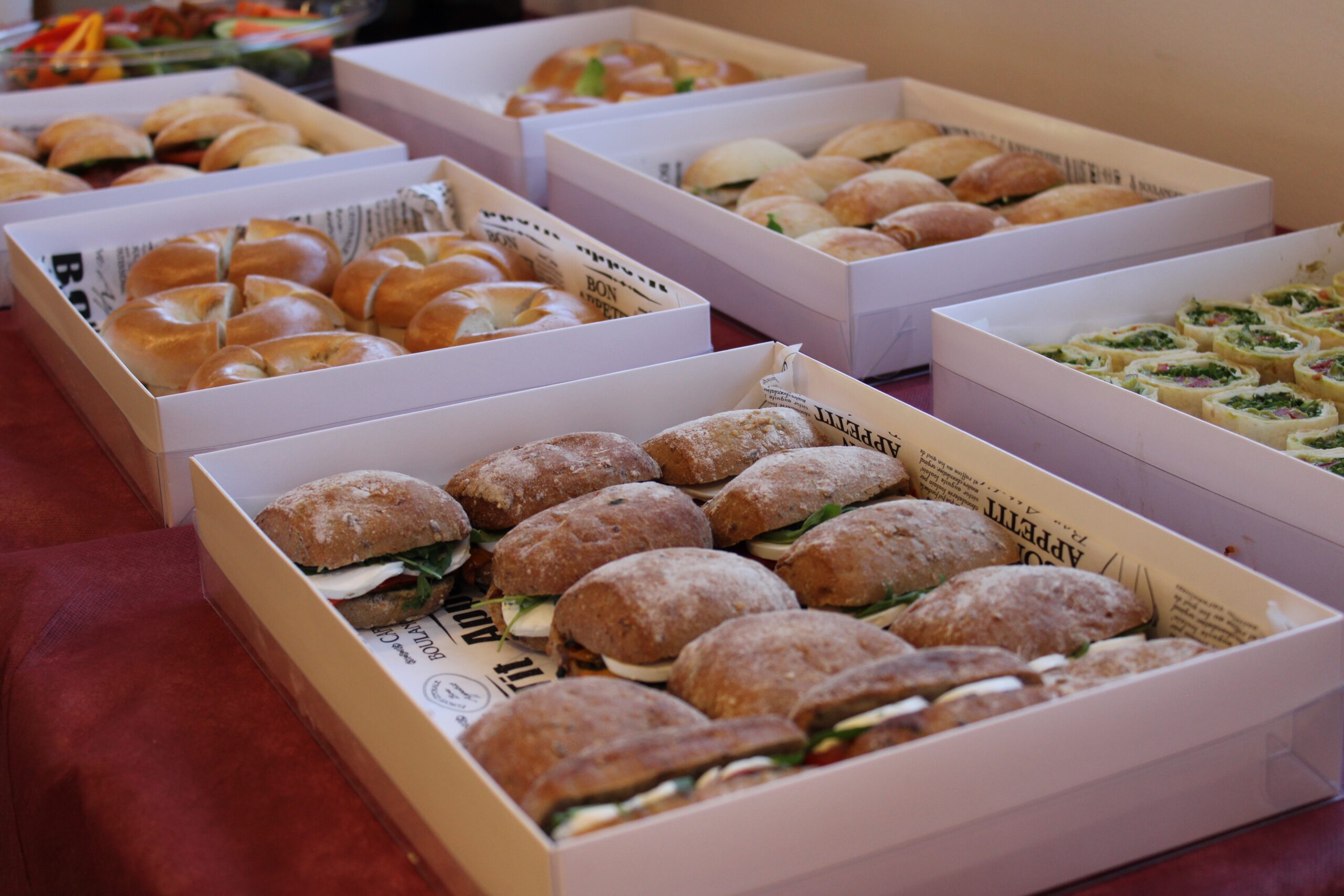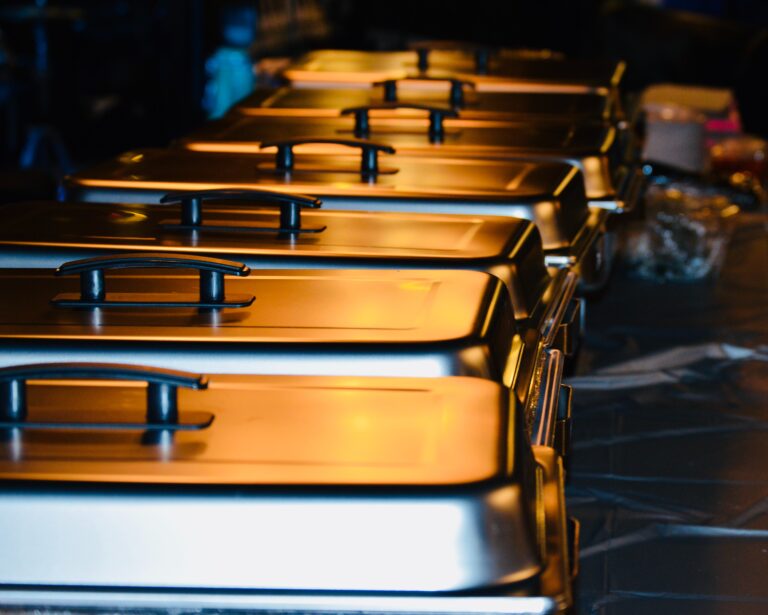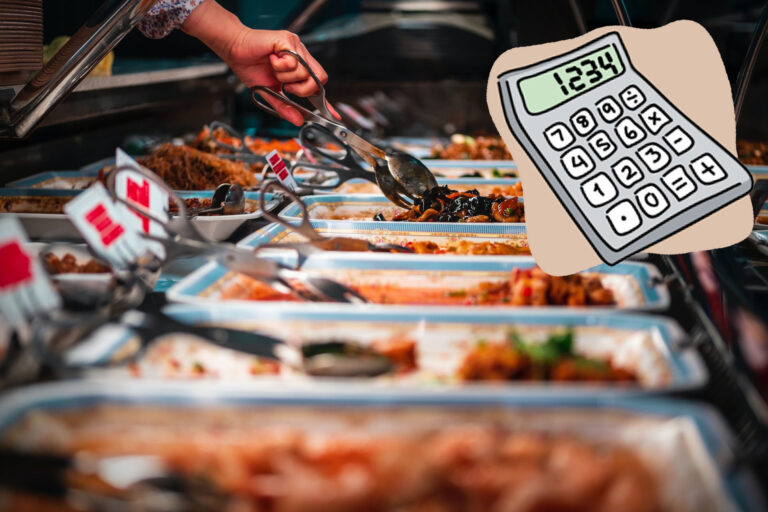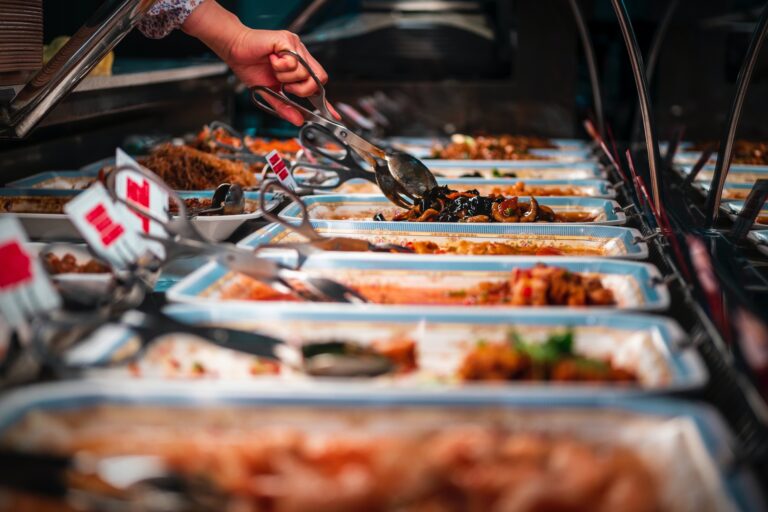Tastefully Giving Back: Tips for Soliciting Food Donations from Local Businesses
When a benefit fundraiser is needed, the whole community gets involved. That’s why I love living in a small town. Local businesses, oftentimes, will be willing to lend a hand. You just have to know who to ask and how to go about it. Here are some tips on how to successfully approach local establishments for food donations.
When soliciting food donations from local businesses and restaurants, it’s important to be clear and concise about your organization’s mission and the purpose of the event. Make sure to approach businesses well in advance, provide detailed information about the event, and emphasize the benefits of donating.
Don’t forget to show your gratitude by sending thank-you notes or offering advertising opportunities in return for their generosity.

How do I approach local businesses and restaurants for food donations?
- Start by identifying potential donors
- Craft a clear and compelling message
- Offer something in return
- Follow up and express your gratitude
When approaching local businesses and restaurants for food donations, it’s important to do your research. When crafting your message, be sure to explain the purpose and benefits of your event in a clear and concise manner.
Offering something in return, such as advertising or recognition, can help sweeten the deal. Lastly, don’t forget to follow up with a thank-you note or other expressions of gratitude.
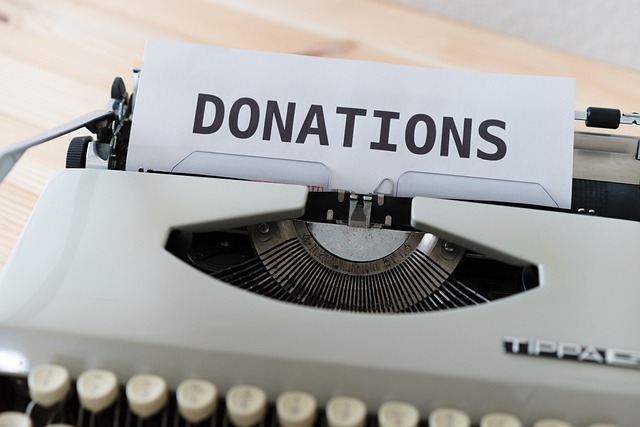
What are some common mistakes to avoid when soliciting food donations?
- Being too vague or unclear about the event
- Failing to show appreciation for donations
- Not following up on commitments
- Forgetting to be flexible and accommodating
It’s important to follow up on any commitments made and to be flexible and accommodating to donor needs.
How can I make my event more appealing to potential donors?
- Emphasize the positive impact of the event on the community
- Offer unique and creative opportunities for recognition
- Make it easy and convenient for businesses to donate
- Highlight the potential publicity benefits
To make your event more appealing to potential donors, emphasize the positive impact it will have on the community and highlight any unique or creative opportunities for recognition.
Making it easy and convenient for businesses to donate can make a big difference. Lastly, don’t forget to highlight any potential publicity benefits that businesses may receive from donating.

What types of businesses are most likely to donate food?
- Local restaurants and cafes
- Supermarkets and grocery stores
- Food and beverage manufacturers
- Catering companies and event planners
Local restaurants and cafes are often the most willing to donate food, especially if the event is being held in the same area. Supermarkets and grocery stores may also be good options, particularly for non-perishable items. Food and beverage manufacturers may be more difficult to approach, but they may have surplus inventory that they’re willing to donate. Lastly, catering companies and event planners may also be good options, particularly for larger events that require a significant amount of food.
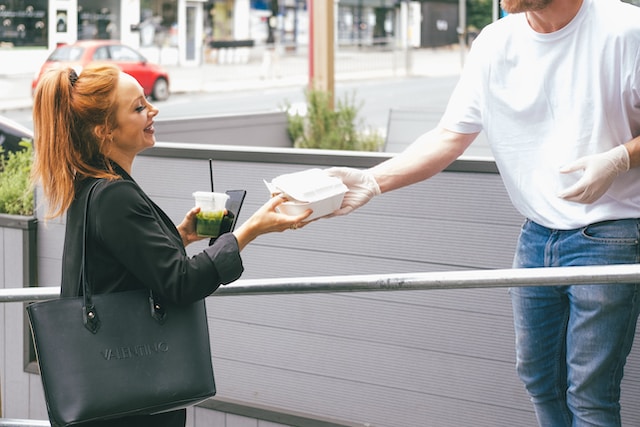
Common misconceptions when soliciting food donations
- Businesses will automatically donate if they believe in the cause
One common misconception when soliciting food donations is that businesses will automatically donate if they believe in the cause. While many businesses may be willing to donate, it’s important to remember that they receive donation requests all the time and may not be able to fulfill every request. It’s important to approach businesses in a professional manner and make it clear why their donations will make a difference for your organization and the community.
Another common misconception is that food donations will always be in the form of prepared food, such as trays of sandwiches or pizza. In reality, many businesses may have surplus inventory of non-perishable food items that they’re willing to donate, such as canned goods or packaged snacks. It’s important to communicate with potential donors and be open to different types of donations.

Sure, here are some quick and fun bullet points with additional ideas and thoughts:
- Host a food donations drive at a local farmers market or community event
- Consider partnering with local food banks or shelters to help distribute donated food
- Don’t forget to thank donors publicly on social media or other platforms
- Provide clear instructions for businesses on how to safely package and transport donated food
- Consider offering discounts or other incentives to businesses that donate regularly
- Encourage businesses to donate unused food at the end of the day or week to minimize waste
- Remember that donations don’t always have to be food – businesses may also be willing to donate utensils, plates, or other supplies
- Create eye-catching flyers or social media graphics to promote your food donations efforts and encourage participation
Soliciting food donations from local businesses and restaurants can be a highly effective way to raise funds and support your community. By following the tips and strategies outlined in this article, you can approach businesses with confidence, craft a compelling message, and make a positive impact on those in need. Remember, it’s important to approach businesses well in advance, be clear and concise about your organization’s mission and the purpose of the event, and show your gratitude for their generosity. With the right approach and a can-do attitude, you can make your next community event a huge success and raise much-needed funds for your loved one or favorite cause.

Ways to get Contacts for Local Restaurants
- Online directories: You can search online directories like Yelp, Google My Business, or Yellow Pages to find contact information for local businesses in your area.
- Chamber of Commerce: Your local chamber of commerce is a great resource for connecting with local businesses. They often have directories or databases of member businesses that you can access.
- Networking events: Attending local networking events or business association meetings can be a great way to meet business owners and establish relationships.
- Social media: Many businesses have active social media profiles, which can be a great way to connect with them and start a conversation.
- Referrals: If you know someone who owns a business or has connections with local businesses, they may be able to provide you with valuable contact information.

A few more things to keep in mind
- Consider the timing of your outreach: It’s important to approach businesses well in advance of your event or fundraiser. This will give them time to plan and prepare for a potential donation, and may increase the likelihood of their participation.
- Be flexible: Businesses may have specific requirements or preferences for the types of donations they’re willing to make. Be open to different types of donations, and consider tailoring your request to each business you approach.
- Follow up: If a business expresses interest in donating, make sure to follow up with them in a timely manner to provide additional information and answer any questions they may have. This can help solidify their commitment and increase the chances of a successful donation.
- Show your gratitude: Remember to thank businesses publicly and privately for their support. Consider creating thank-you flyers or social media posts that highlight the businesses that donated, and be sure to send personalized thank-you notes to each business that participated.
- Consider creating partnerships: In addition to soliciting donations, consider partnering with local businesses in other ways, such as offering sponsorships or hosting joint events. These partnerships can help build long-term relationships and bring more visibility to your cause.
Remember to always approach businesses in a professional and respectful manner, and to clearly communicate the purpose of your outreach and the benefit to both your organization and the business.

Restaurant Food Solicitation Template:
We’ve put together a simple and effective email template that you can copy and paste into your own message or Word document.
Simply fill in the blanks with your information and personalize the message as needed. We’ve included some ideas for thanking businesses for their donations and promoting their support on flyers and social media. By using this template, you’ll be well on your way to securing food donations and making a positive impact on your community.
Dear [Restaurant Owner/Manager],
My name is [Your Name] and I’m reaching out on behalf of [Benefit Person’s Name] and our community fundraiser event that’s taking place on [Date]. We’re expecting a large turnout and would love to offer attendees a variety of delicious food options. That’s why we’re reaching out to local restaurants like [Restaurant Name] to see if you’d be willing to donate any food for the event.
We understand that businesses like yours receive many donation requests, so we want to emphasize that any contribution, no matter how small, would be greatly appreciated. In exchange for your donation, we’d be happy to recognize your business on flyers and other promotional materials for the event. Additionally, we’ll be sure to give your restaurant a shout-out on our social media platforms to show our gratitude and bring more visibility to your business.
Thank you for considering our request. If you’re interested in donating, please let us know what types of food you’d be willing to contribute and any guidelines or requirements we should be aware of. We look forward to hearing back from you soon!
Best regards,
[Your Name]
[Your Contact Information]
